Ever wondered what languages are spoken in Germany, or how this linguistic variety impacts daily life? If you’re planning to visit, move, or are just curious, knowing what languages are spoken in Germany helps you connect with its culture.
In this article, we’ll explore:
- The official language of Germany, German, and its regional dialects
- The most widely spoken foreign languages, like English, Turkish, Russian, and Arabic
- How immigrant languages shape the country’s social fabric.
By the end, you’ll gain a clear understanding of Germany’s rich linguistic variety and its role in communication, culture, and daily life.
Let’s explore!
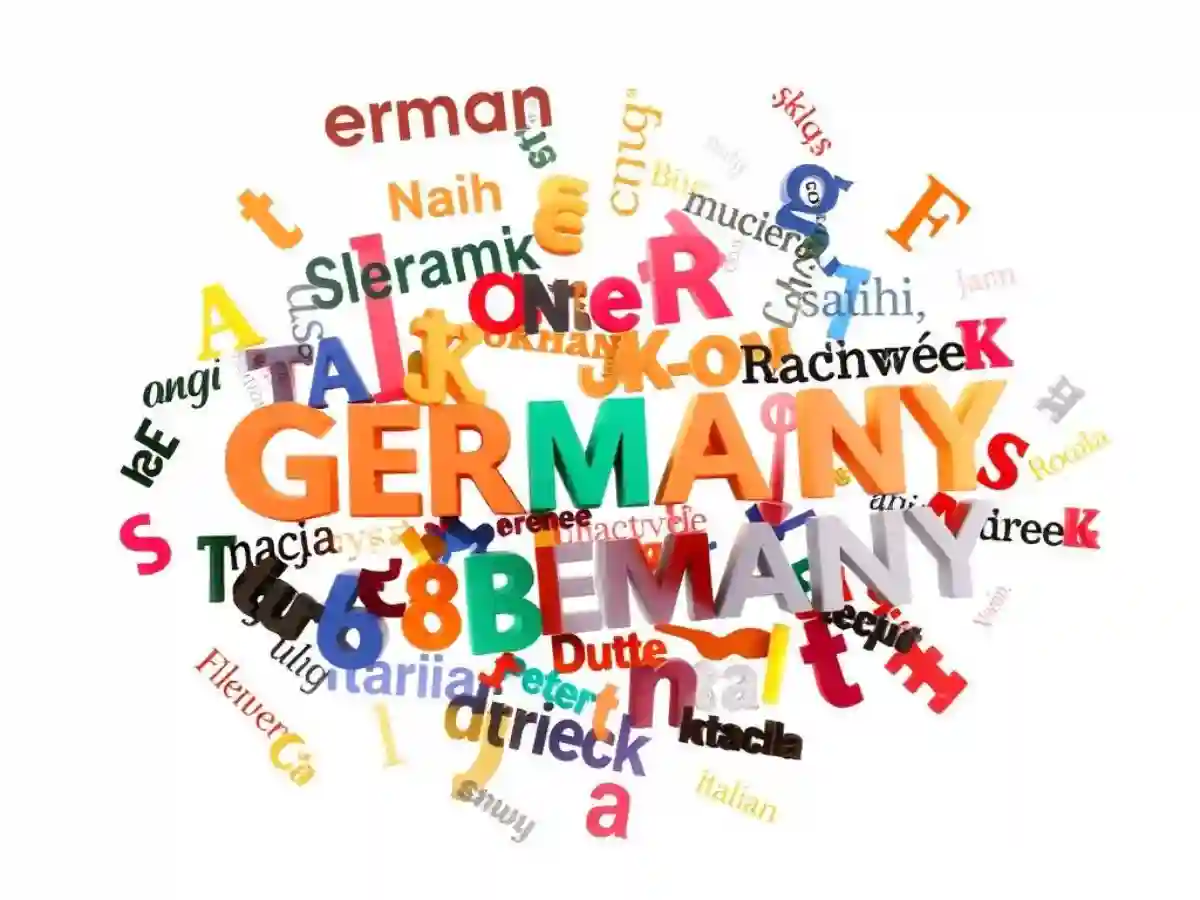
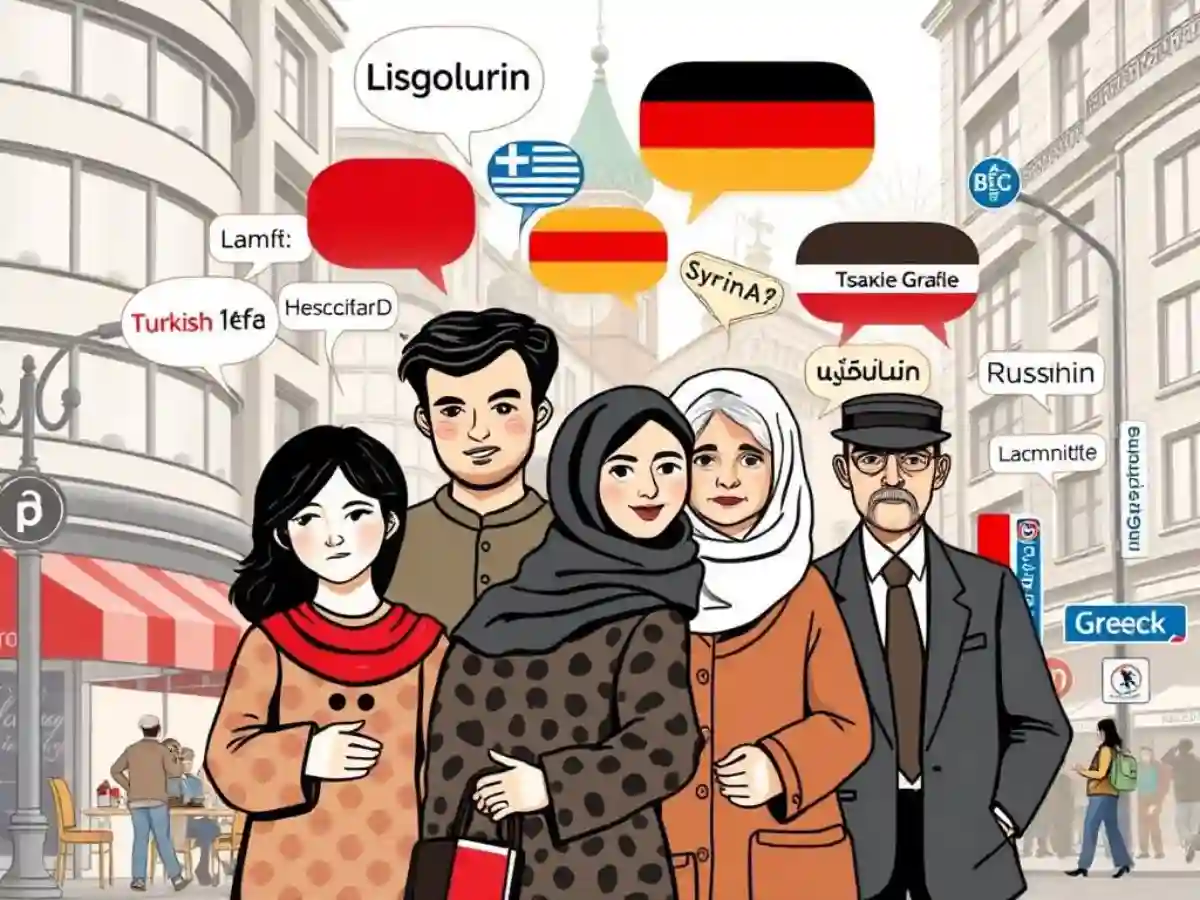
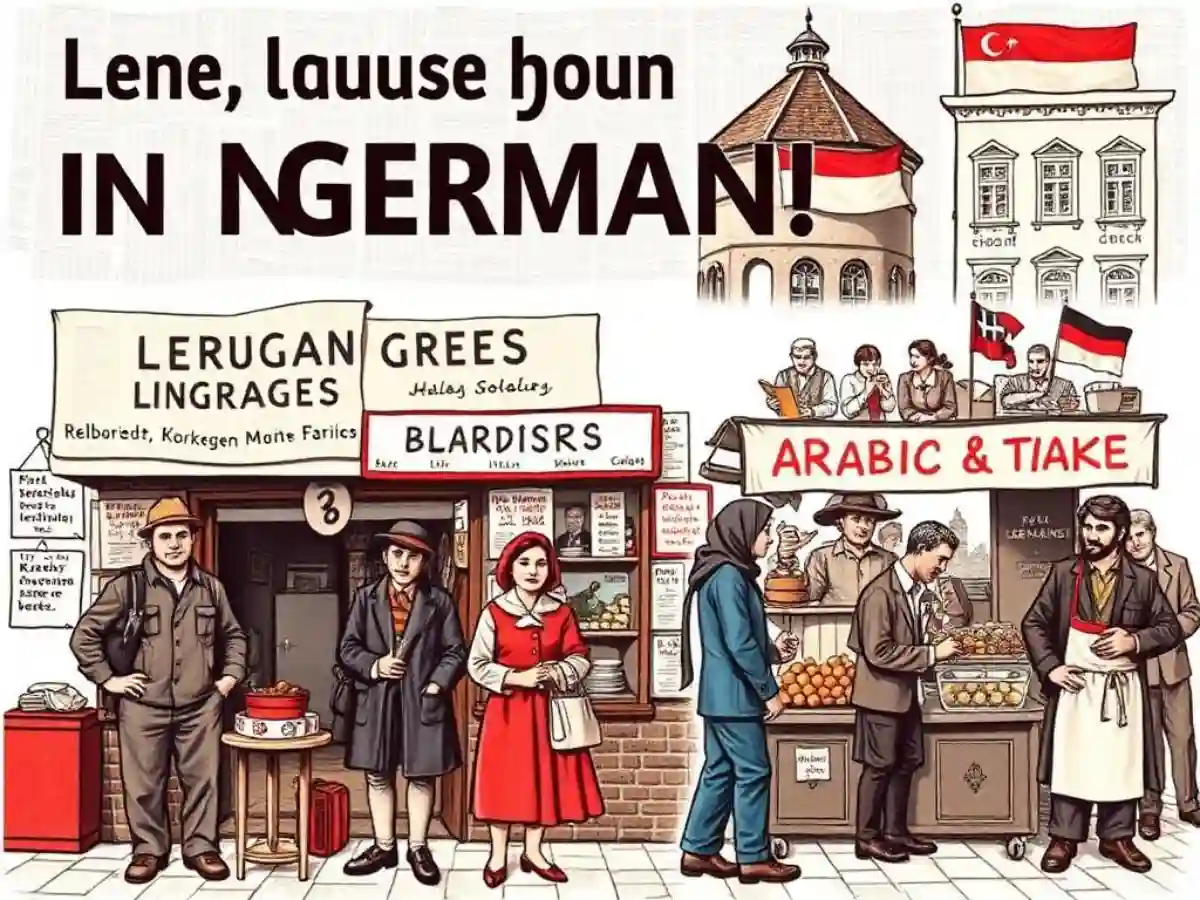
Main Languages Spoken in Germany
1. German
German is the official language of Germany and the most widely spoken language in the country. It has regional variations, including High German (Hochdeutsch) and Low German (Plattdeutsch). Standard German (Hochdeutsch) is the official form of the language and is used in formal communication, media, and education.
While German dialects vary across regions, High German is understood throughout the country. This language plays a central role in daily life and is an essential part of Germany’s culture and identity. The use of dialects, however, remains prominent in certain areas of the country.
2. English
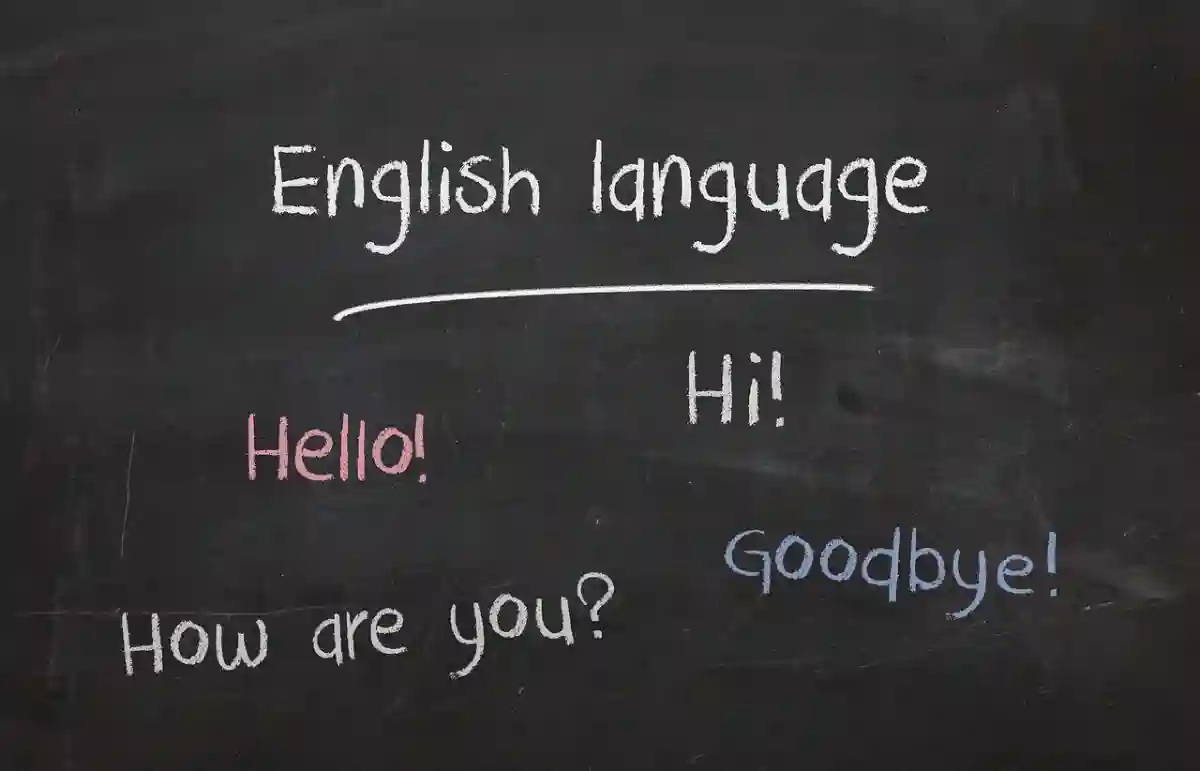
What languages are spoken in Germany? One of the most widely spoken foreign languages is English. In urban areas, especially among younger generations, many people speak English. It is commonly used in business, education, and international relations. Taught in schools from an early age, it’s a crucial skill for many professions.
Many Germans speak English fluently, using it in meetings, conferences, and global communication. This widespread use of English highlights Germany’s strong connection to the global community and its role in international trade and diplomacy.
See Also Music in Germany
Other Languages Spoken in Germany
3. Turkish
What languages are spoken in Germany? Turkish is an important foreign language and minority language in Germany because of immigration, especially from the 1960s. Many Turkish-speaking communities live in cities like Berlin, Cologne, and Frankfurt.
The language is spoken in Germany in businesses, media, and everyday life. Turkish keeps a strong link between Germany and its Turkish population. This immigrant language plays a key role in the country’s culture and society.
4. Russian
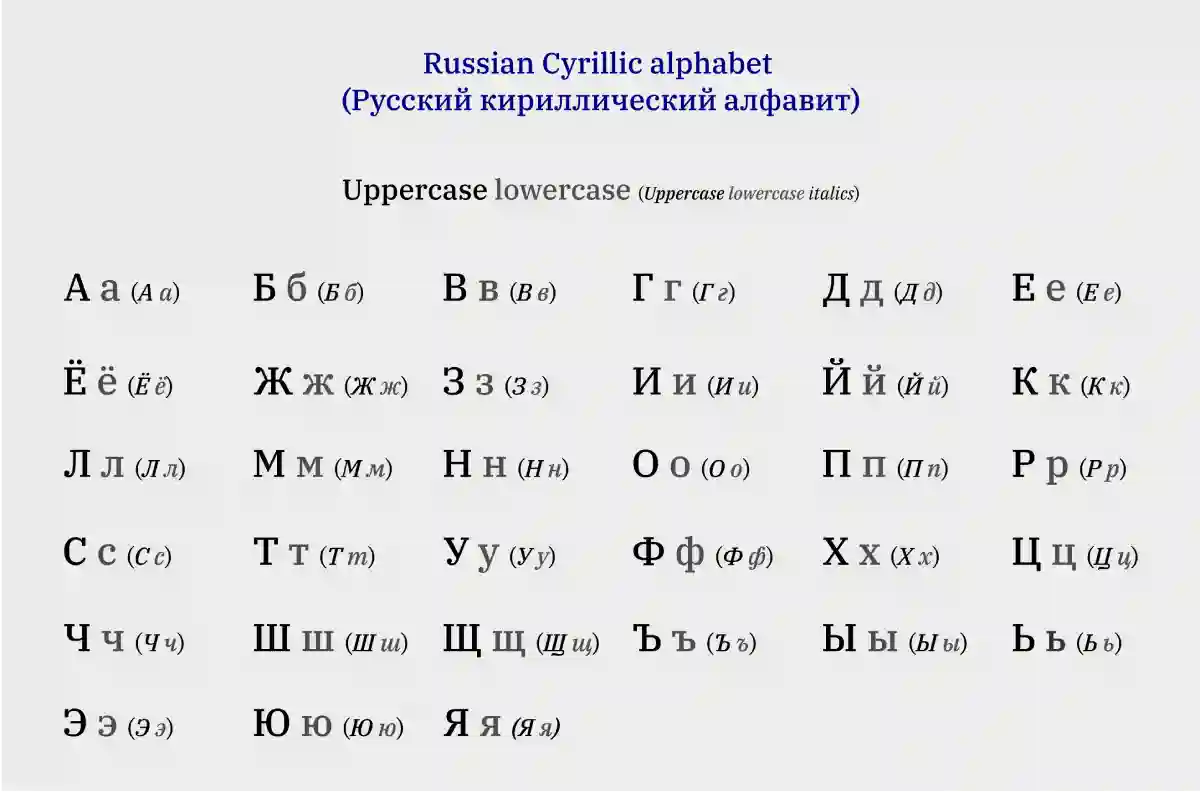
Immigrants speak Russian from former Soviet countries like Russia, Ukraine, and Kazakhstan. Many Russian-speaking communities live in cities like Berlin, Hamburg, and Düsseldorf. The language is used in social events, media, and businesses. Most Russian speakers in Germany are second or third-generation immigrants, keeping strong ties to their home countries.
Russian is also used in some schools and cultural centers, linking Germany to Eastern Europe. This growing Russian-speaking population adds to Germany’s linguistic variety.
5. Kurdish
Kurdish is spoken by immigrants, mainly from Turkey, Syria, and Iraq. The number of Kurdish speakers in Germany has grown due to recent migration. Many Kurdish communities are found in cities like Berlin and Stuttgart. The language is used in daily life, cultural events, and local media.
As a minority language, Kurdish contributes to Germany’s multicultural atmosphere and preserves cultural heritage. Though it’s not the standard language, it adds to the rich dialect continuum of Germany.
6. Arabic
Arabic is spoken more in Germany, especially in cities like Berlin and Cologne, because of recent migration from the Middle East. It is used in families, schools, businesses, and media. Though Arabic is not the same language as German, it has become an important foreign language in Germany.
As more Arabic speakers arrive, the language adds to Germany’s multilingual culture and strengthens its link to the European Union and global connections.
7. Italian, Greek, Portuguese
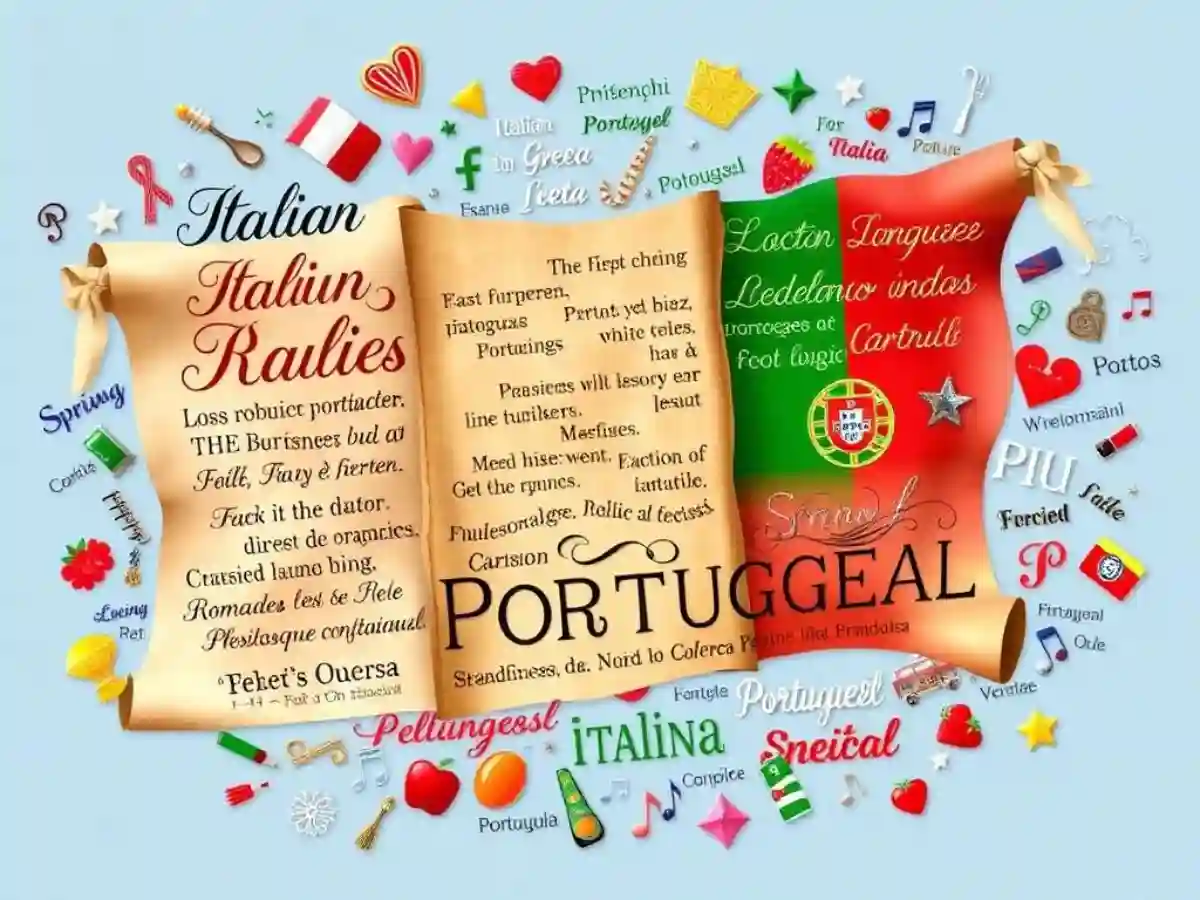
Italian, Greek, and Portuguese are spoken by people from Mediterranean countries. These languages are common in big cities like Stuttgart, Frankfurt, and Munich. Italian is spoken mostly in southern Germany, while Greek and Portuguese are heard in places with many people from those countries. These languages are used in daily life and business.
8. Frisian Languages
Frisian languages, like North Frisian and Saterland Frisian, are spoken in northern Germany. These languages are part of the West Germanic language family. They are recognized in some areas of Germany. Even though fewer people speak them today, efforts are being made to keep them alive in schools and local communities.
9. Sorbian
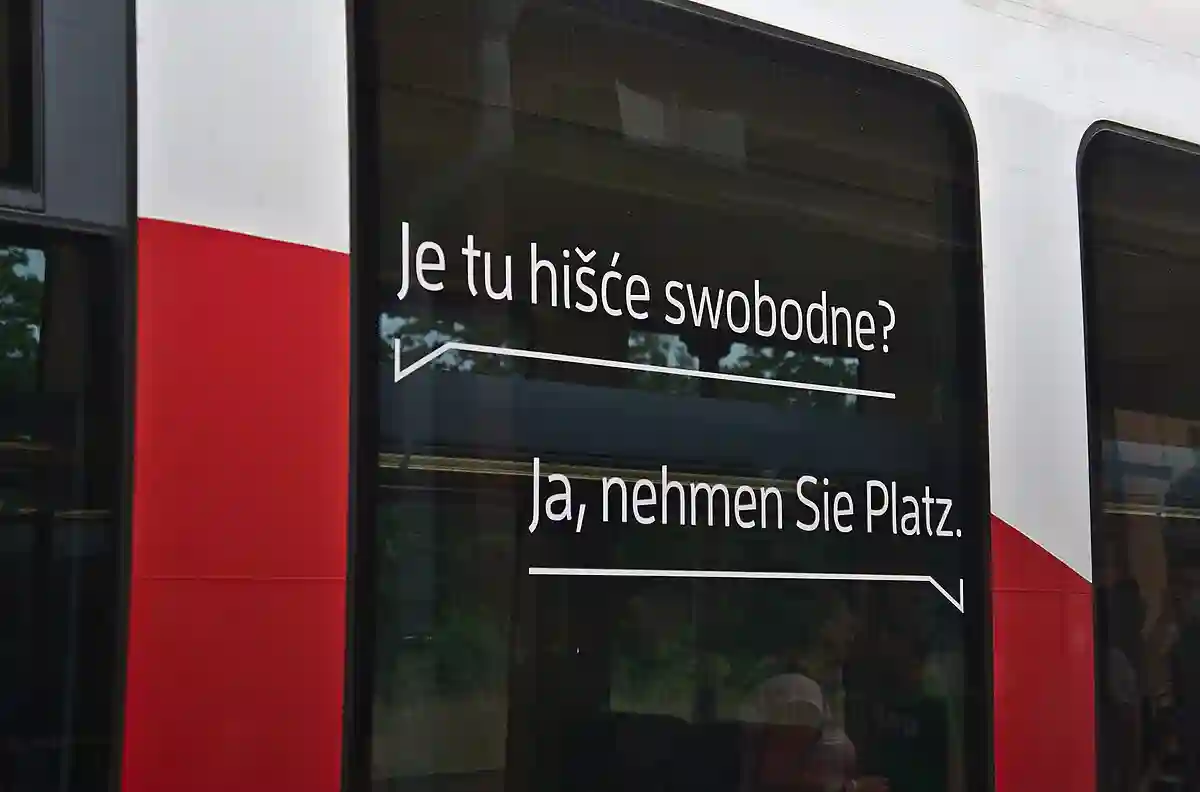
Sorbian is a Slavic minority language spoken in certain regions of Germany, especially in Saxony and Brandenburg. Although it is not widely spoken, efforts are being made to keep it alive in schools and through cultural events. It is closely related to other Slavic languages.
Sorbian language is recognized and preserved in these areas, despite having fewer native speakers compared to the German language. It remains an important part of the local cultural heritage.
10. Romani
Romani is spoken by the Roma community in Germany. It is not as widely spoken outside the Roma communities, but it holds strong cultural value. The Romani language is closely related to Slavic languages and has ties to the Soviet Union. Efforts to preserve it include oral traditions and cultural practices.
See Also What Is Germany Famous for?
Why These Languages Are Spoken in Germany?
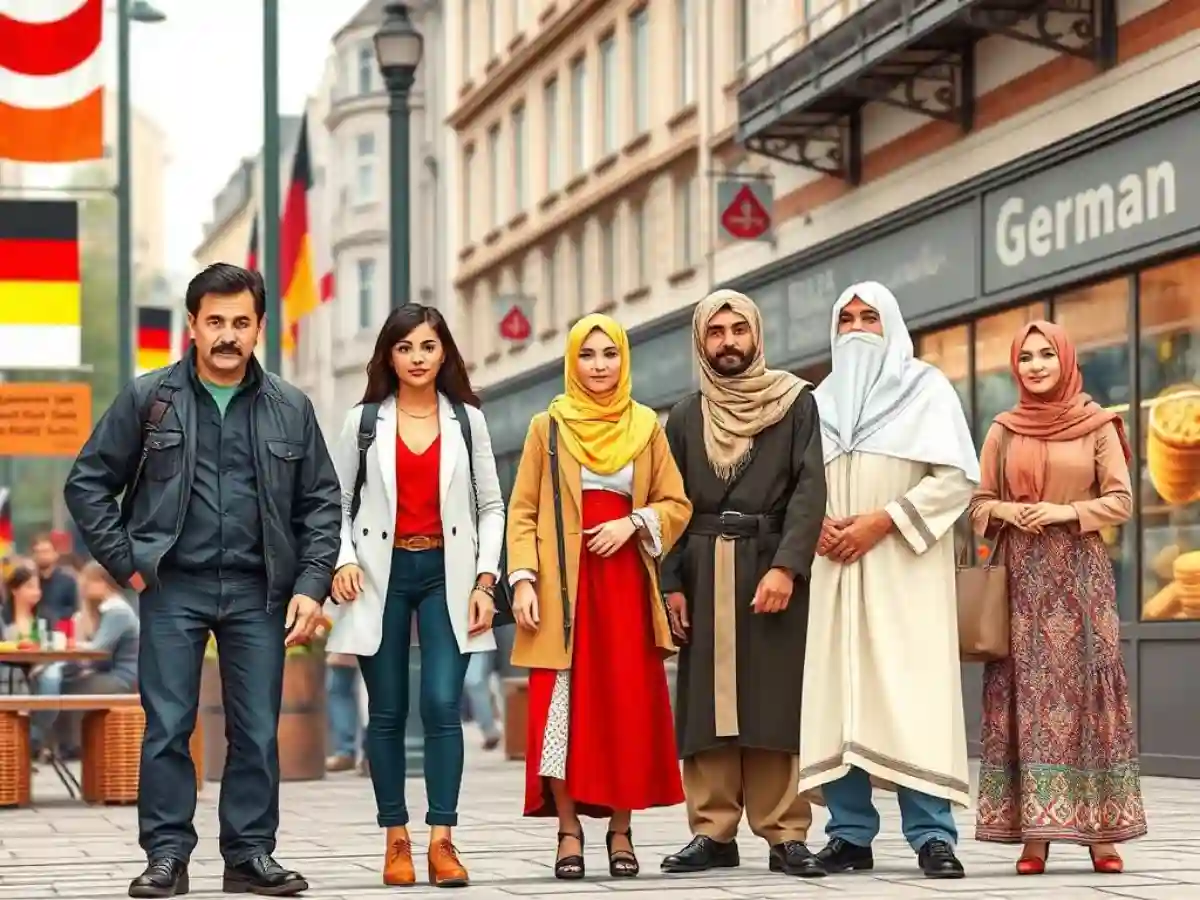
✦ Historical Immigration: Languages like Turkish, Italian, and Greek became part of Germany after WWII. Many people from these countries came to work. These native speakers still speak their languages in Germany today, keeping their languages alive across generations.
✦ Recent Migration: Arabic and other languages have become more common because of recent refugees from Syria, Iraq, and Afghanistan. This new migration has added more languages spoken in Germany, changing the country’s linguistic mix.
✦ Cultural and Regional Identity: Regional dialects like Bavarian, Swabian, and Saxon are important to local cultures. They are mutually intelligible with Standard German, but they help keep cultural traditions alive.
See Also What Is the Lifestyle in Germany?
Regional Dialects and Variations of German
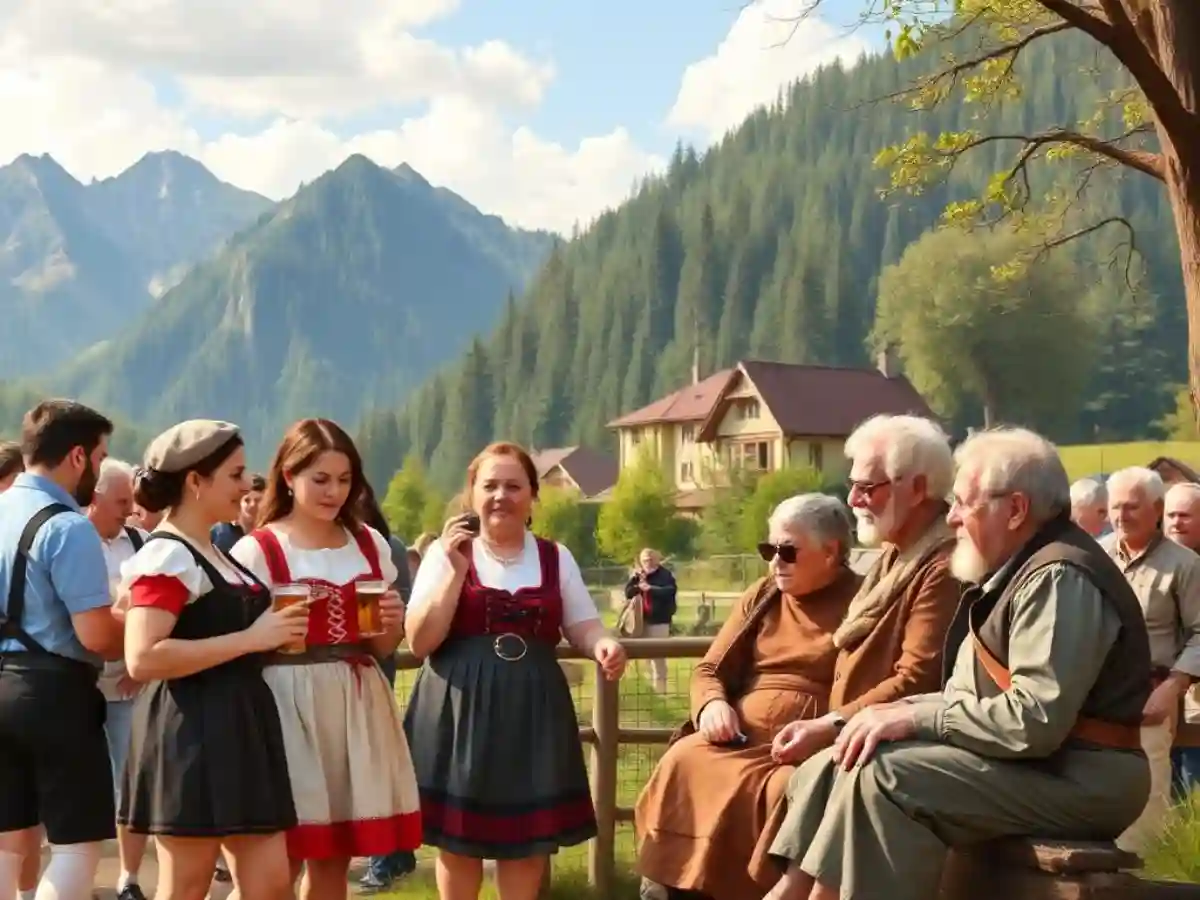
✦ Bavarian (Bairisch): Spoken mainly in Bavaria and parts of Austria, Bavarian is different from Standard German. It’s a recognized language deeply connected to the culture of the region, used in music, festivals, and food. Many people in West Germany speak it as their first language.
✦ Swabian: Swabian is a regional dialect spoken in the Swabia region. It has a unique sound and vocabulary, related to Alemannic dialects. It is mutually intelligible with other dialects in the area but is different from Standard German. Many people speak it as their mother tongue.
✦ Low German (Plattdeutsch): Low German is spoken in the North Frisia region and northern Germany. It sounds and looks different from Standard German. It used to be a popular foreign language for trade in West Germany, but fewer people speak it today. It’s related to Anglo-Frisian and still important in some parts of Germany.

What Languages Are Spoken in Germany? A Recap
Germany is a country with many languages spoken. The sole official language is German, which is the most spoken language in the country. However, languages are spoken in many different ways across Germany, especially in major cities, thanks to historical immigration and modern migration.
Along with German, English is a popular foreign language and is often used as a second language in cities and workplaces. Russian, Arabic, Turkish, and Italian are also spoken by large immigrant communities, with most speakers found in urban centers.
Germany has different regional dialects, like Alemannic dialects in the south, Low German in the north, and Bavarian in the east. In places like the North Frisia region, languages like Frisian are still used. Some communities speak Lower Sorbian too. Languages like French, Spanish, Dutch, and even Latin are related to German, but not as widely spoken.

